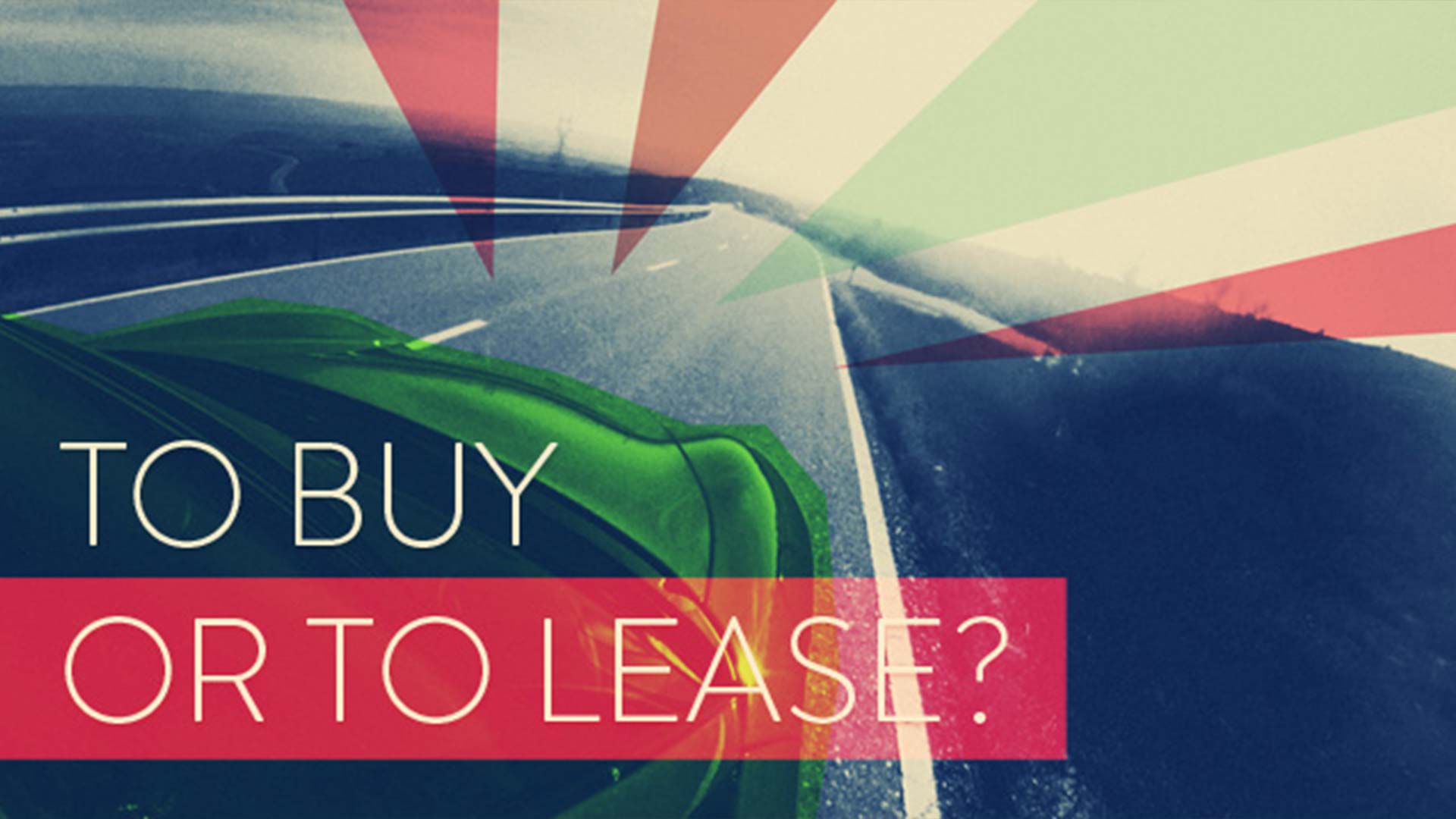One of the questions that we get asked a lot by clients is whether it is better to lease or to buy a vehicle. The tax consequences are quite different depending on what option you choose.
Buying
If you purchase a vehicle then you can only claim a percentage of the vehicle’s cost as capital cost allowance (i.e. depreciation) each year. The first year you are entitled to claim 15% of the cost and in subsequent years you are entitled to claim 30% of the remaining portion of the unamortized cost. For certain vehicles that the Canada Revenue Agency considers “luxury vehicles” the amount that you can capitalize and amortize is capped at $30,000.
If you financed the purchase, you are able to claim the interest costs subject to an annual maximum amount that is set out in the tax legislation. The annual maximum interest deduction is the lesser of the interest paid for the year and $10 multiplied by the number of days for which interest was payable in the year (i.e. a maximum of $3,650 unless it’s a leap year!). The other benefit to owning the vehicle is that if you are a GST/HST registrant you may be able to claim some or all of the Input Tax Credits (ITC) when you purchase the vehicle.
Leasing
Some people prefer to lease vehicles so that they can enjoy a new vehicle every couple of years. The lease payment is claimed as a deduction (again subject to annual limits set by the government – currently $800 + Sales Tax). If you are a GST/HST registrant the GST/HST that is included in the monthly lease payment can be claimed on that period’s HST return as an ITC.
While one option may result in a higher tax deduction in the first year or two – the overall tax impact will usually be pretty close under each option.
There are other factors that come into play in the lease vs. buy decision:
- How many kilometres do you expect to put on the vehicle each year? Lease agreements specify the number of kilometres that can be accumulated over the term of the lease and there are penalties for excess kilometres driven. If your life is spent commuting and you drive over 20,000 kilometres a year then a lease may not be cost-effective due to those penalty provisions.
- How much do you want to spend on a monthly basis? Usually, lease costs are much lower than monthly payments on a car loan.
- Will the vehicle be purchased or leased by a company for use by an employee? A taxable benefit would have to be reported by the employee each year for their use of the vehicle. The amount if the benefit depends on the value of the vehicle, the kilometres driven each year and the mix of business vs. personal use by the employee.
- For some, the bottom line is whether you want to own something outright in the end or whether you like something new to drive every couple of years.
What is your preference? Lease or buy?
For more information on this topic, please contact your McCay Duff advisor.
Contact Us




